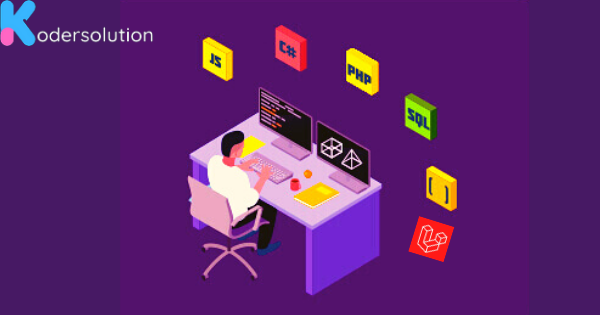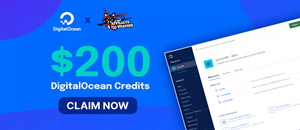
PHP (Hypertext Preprocessor) is a popular server-side scripting language widely used for web development. It powers numerous websites, including notable platforms like Facebook, WordPress, and Wikipedia. Whether you're a beginner or an experienced developer, understanding the fundamentals of PHP is crucial for creating efficient, secure, and scalable web applications. In this article, we will delve into the essential concepts that all developers should know about PHP.
- Syntax and Variables
PHP syntax is similar to C, Java, and Perl, making it relatively easy to learn for those familiar with other programming languages. Understanding the basic structure of PHP code, including statements, functions, loops, and conditional statements, is fundamental. Additionally, mastering variables and data types is essential for handling data in PHP effectively.
- Built-in Functions and Libraries
PHP offers a vast collection of built-in functions and libraries that simplify common tasks, such as working with strings, arrays, dates, and databases. Familiarize yourself with the PHP manual and explore the available functions and libraries to maximize productivity. Utilizing these resources not only saves development time but also promotes code reusability and maintainability.
- Security Best Practices
Developers must prioritize security when building PHP applications. Understanding common security vulnerabilities, such as SQL injection, cross-site scripting (XSS), and cross-site request forgery (CSRF), is crucial. Implement proper input validation, parameterized queries, and output encoding to mitigate these risks. Stay updated with the latest PHP security advisories and follow recommended practices to protect your applications and user data.
- Object-Oriented Programming (OOP)
PHP supports object-oriented programming (OOP), which enables developers to build modular, reusable, and organized code. Familiarize yourself with OOP concepts such as classes, objects, inheritance, polymorphism, and encapsulation. Utilizing OOP principles can improve code maintainability, extensibility, and collaboration within development teams.
- Handling Databases
Interacting with databases is a common requirement in web development. PHP provides several extensions (such as MySQLi and PDO) for connecting to various database systems. Learn how to perform basic CRUD (Create, Read, Update, Delete) operations, handle database transactions, and implement proper data sanitization to prevent SQL injection attacks. Understanding database design principles and optimizing queries can significantly enhance the performance of your PHP applications.
- Error Handling and Debugging
Bugs and errors are inevitable during the development process. Mastering error handling techniques and debugging tools in PHP is crucial for identifying and fixing issues efficiently. Utilize PHP's error reporting features, logging mechanisms, and exception handling to catch and handle errors gracefully. Familiarize yourself with debugging tools like Xdebug or integrated development environments (IDEs) with built-in debugging capabilities.
- Performance Optimization
Writing efficient code is essential for ensuring optimal performance of PHP applications. Learn about techniques such as caching, code profiling, and database query optimization to minimize response times and reduce server load. Familiarize yourself with performance monitoring tools to identify bottlenecks and optimize your code accordingly.
Conclusion
PHP continues to be a prevalent language in web development, and understanding its fundamentals is essential for developers aiming to build robust and scalable applications. By grasping the syntax, utilizing built-in functions, prioritizing security, adopting OOP principles, handling databases effectively, mastering error handling and debugging, and optimizing performance, developers can unlock the full potential of PHP to create exceptional web experiences.
Remember, PHP's ecosystem is vast, and continuously learning and exploring new frameworks, libraries, and best practices is vital to staying up-to-date and growing as a PHP developer.
Recent Posts
Categories
Get The latest Coding solutions.
Subscribe to the Email Newsletter



